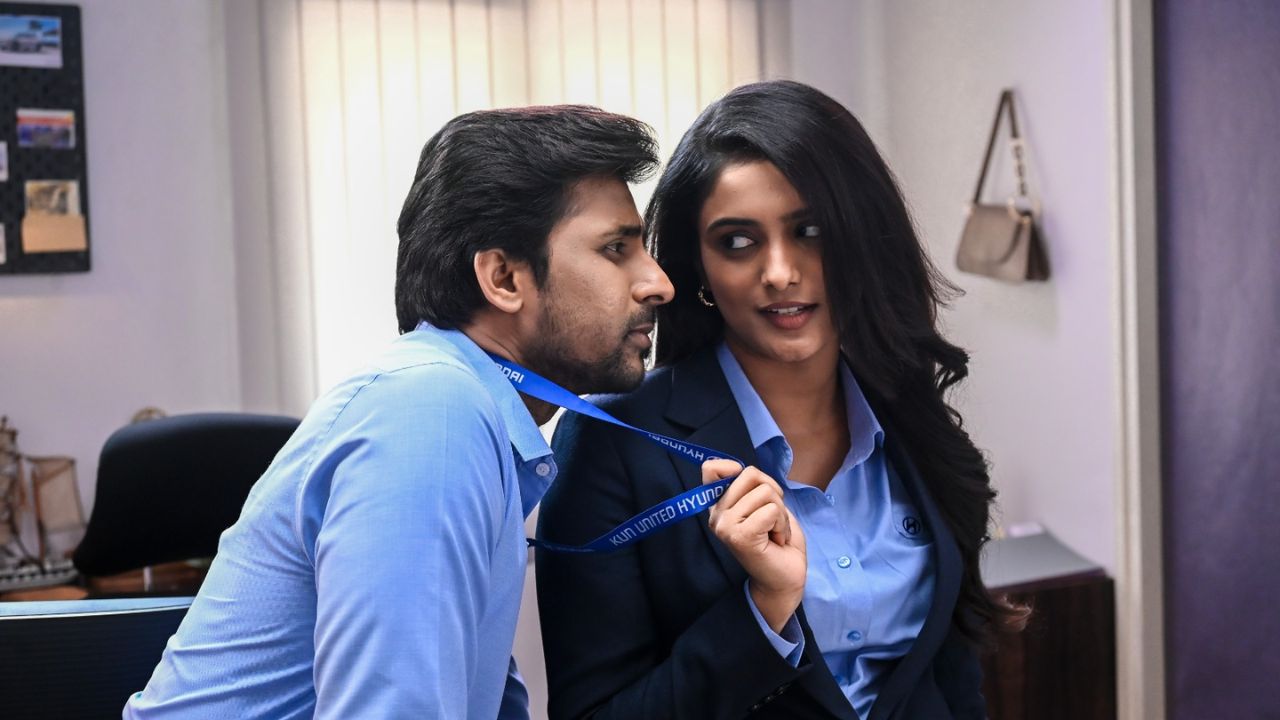
Friendship Day: 6 tell-tale signs you are stuck in a one-sided friendship!
8 months ago | 135 Views
Are you always the first one to make plans? Do you think you are making more effort in your friendship than your friends? While there are chances that your friends are simply busy, it could also mean that you are stuck in a one-sided relationship. One-sided love may be the one that evokes heartfelt stories and captures everyone's attention. But one-sided friendships also cause silent suffering. These imbalanced bonds—where one person invests deeply while the other remains detached—can be just as hurtful and confusing. On Friendship Day 2024, know what a one-sided friendship entails and how it is often overlooked in your relationships.
What is a one-sided friendship?
As the name suggests, a one-sided friendship is a relationship in which one person invests significantly more effort and emotional energy than the other. So, the unrequited feelings are not exclusive to a love relationship! You may experience them in a friendship too. One person in this type of friendship feels a deeper commitment or attachment, while the other might be distant or unresponsive. This imbalance can make the person putting too much effort to feel frustrated, which is why it needs to be addressed. If the situation does not change, these sorts of friendships are destined to doom but that doesn't mean that you can't do anything about them.

Signs of a one-sided friendship
While it is not very difficult to miss a one-sided relationship, some people tend to overlook the signs. Here are some signs of a one-side friendship that you should not ignore:
1. Lack of communication
Regardless of the type of relationship, communication is the key to making things work. If you find yourself initiating contact, whether through calls, texts, or social media, while the other person rarely reaches out first or responds, it could mean that you are stuck in a one-sided relationship.
2. No reciprocity
Well, this one is the basic! You always listen to their problems! You are there for your friends to support them emotionally but they seldom return the favour or offer the same support. If your friend is not there when you actually need them (and it happens all the time), is it really a friendship or do just you have a lot of expectations from a person who isn't interested?
3. It is always about your friend
If you are a good friend, you listen! If your conversations revolve around their needs, emotions, and crises - and it's hardly ever about you - sign of a one-sided friendship! It also happens that they decide everything about you and do not give too much importance or even consider your opinion, you should make new friends.
4. They don't share much
Friendships can feel unbalanced when one person does not share much and you end up spilling the beans. Some people may not be comfortable opening up about emotional distress. But if they always share superficial details or your conversations always seem flat and incomplete, this friendship may be one-sided. Also, it has become a pattern for your friend to behave, you may want to evaluate your friendship.
5. The friendship is convenient for them
Are you the one always initiating contact? Does your friend only contact you when they require assistance? If your friend only reaches out to you when they require assistance, companionship, funds, conveyance, or any other favour, it could mean they are just using you. Especially if they never give you a call or send you a text to check in or spend time with you.
6. Feeling drained
Do you feel emotionally exhausted after talking to your friend? Your friendship is one-sided if you feel emotionally drained or undervalued after interacting with your friend as if you are putting in more effort to sustain the relationship than you receive in return.

Impact of a one-sided friendship
Just like any relationship, friendship also takes work, and feeling upset can lead to problems. Here's how a one-sided friendship may affect you:
- A healthy relationship may improve your self-worth, while an unhealthy relationship may make you question yourself.
- You may feel that you lack something or are not interesting as a person.
- While your friend may not have bad intentions, it may make you feel disconnected and worthless.
- Having good friends can help you feel less lonely but one-sided or unhealthy friendships can do the opposite.
How to repair a one-sided friendship?
Not all relationships are easy to let go and some friendships last a lifetime. These are the ones worth saving and something misunderstood can be the culprit that ruins it. So, if you think your friendship is worth saving, try the following these methods to make your friendship work:
Reflect on the issues
The first step is to self-assess the issue and see if there is an imbalance and what you need from the friendship. Reflect on whether these needs are realistic and if the other person is capable of meeting them. If it's affecting you mentally, you may want to address it.
Communicate clearly
For any relationship to sustain, it is important to have a conversation. Your friend may not mean it like the way you are thinking and could be going through something. An open dialogue will help you understand each other's opinions and clear the air.
Discuss boundaries
Every relationship needs boundaries! Clearly communicate your boundaries and needs to your friend and be open to negotiating how both of you can meet each other's point of view.
Take a step back
If you think this friendship is one-sided and draining you, do not invest your energy and move up. Reevaluate your friendship and if it's not working, focus on more healthy relationships. You may have better friends and you might want to divert your energy to that.
Give it time
Repairing a one-sided friendship takes time. Allow space for both of you to adjust and grow into the new dynamic. You may want to look for efforts from both sides that are consistent and sincere.

How to end a one-sided friendship?
If your one-sided relationship with your friend is causing distress, let it go, and here's how:
1. Be clear
If your friend continues to behave the same after you communicate your issues and expectations, it is time to let them be. State clearly that you do not wish to make any efforts if they are not interested and move on.
2. Do not reach out
If you end it, stop calling or texting them. Own your decision and focus on friendships that are not selfish. Remember, you ended the friendship because you were being taken advantage of and you may want to steer clear of that.
3. Choose your people wisely
Losing a friend can hurt but you chose to end it for a reason! If you feel hurt, be around people who love you and value your company. Talk to them about how you feel to avoid succumbing to these feelings.
True friends are always there for each other and never intentionally hurt anyone. So, make sure the people around you are not disrespecting you and are worth your time. Friendships are only worth it if they are reciprocated!
Read Also: How does ADHD affect your sex life and what you can do?
#




















